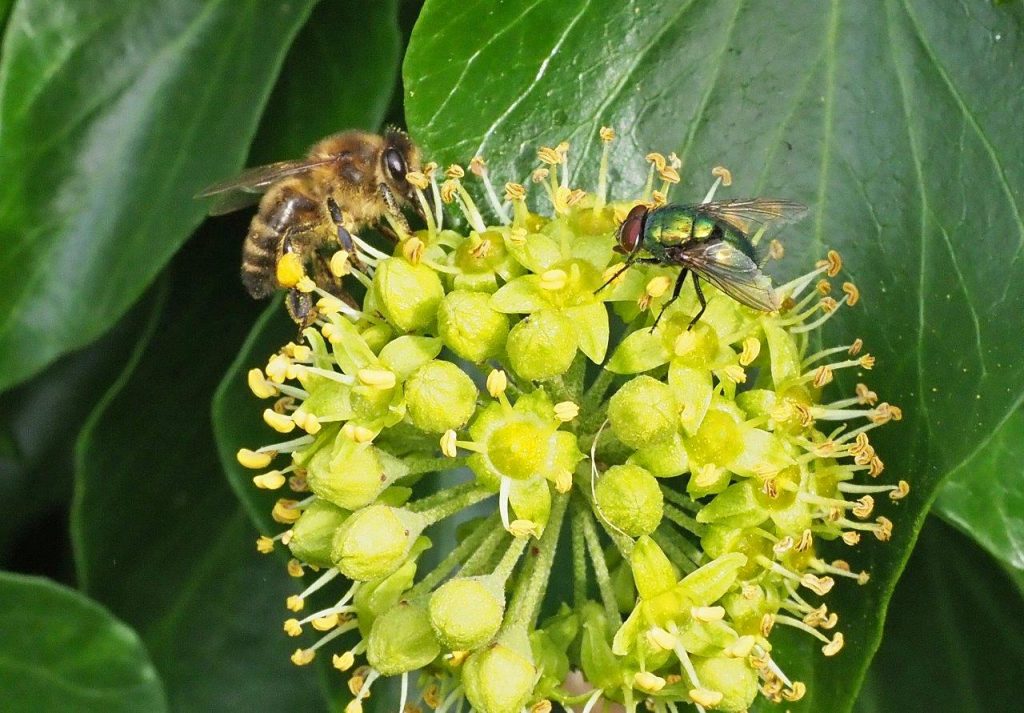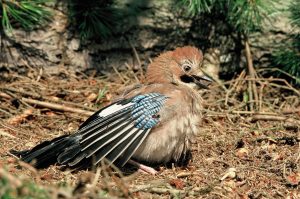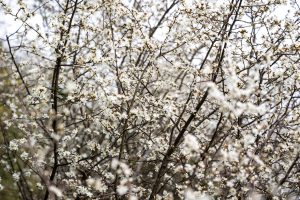New report again highlights the decline in insects and what we can all do to help
This week sees the launch of a campaign by The Wildlife
Trusts called ‘Action for Insects’, with the initiative based on a report into
insect decline by Professor Dave Goulson (University of Sussex). Commissioned
by The South West Wildlife Trusts, the report sets out how the decline in
insect populations will lead to a corresponding loss in insect eating birds,
bats and fish, with the result of all this being broken ecosystems and
therefore a further direct negative impact on human wellbeing.
The report focuses on the two main reasons why pollinating
and other insects are in sharp decline: the loss of habitat and use of pesticides.
One particular quote form the report is more than a little shocking: ‘Insects
are dying out up to 8 times faster than larger animals, and 41% of insect
species face extinction.’
However, the report also goes to outline the steps that
governments, landowners, farmers and anyone with a garden can do to help
reverse the decline. And certainly it isn’t too late to act, as Professor Goulson
points out that few species of insect have yet become extinct, plus the nature
of insects and how they typically breed means that populations can quickly
recover.
At Vine House Farm we’ve long recognised the need to reverse
the trend of declining insect populations, and indeed habitat restoration
schemes we’ve carried out and the very way we farm on a daily basis, have very
much had this objective in mind. We’ve also tried to encourage our customers to
make their gardens wildlife friendly – and however big those garden are – with
habitat creation for invertebrates an important part of this. But we also think
that this latest report is a further wakeup call to us all, so a redoubling of
efforts seems unquestionably the right thing to do, with the start point being
to read
the full report here



